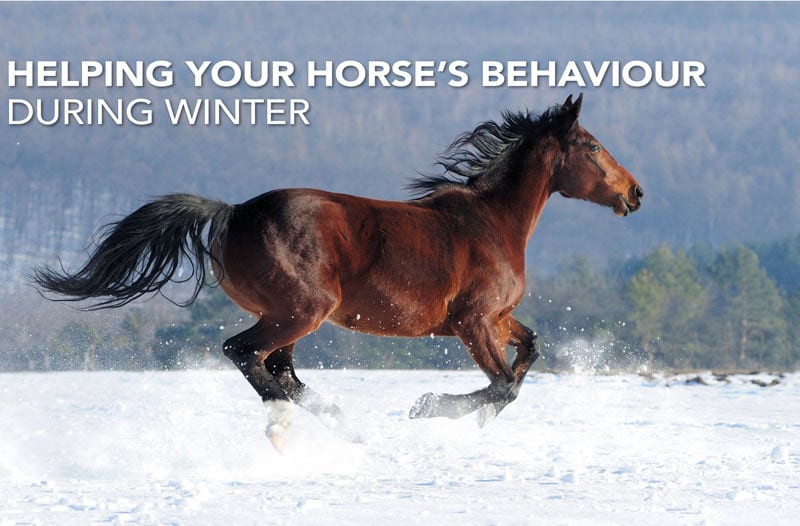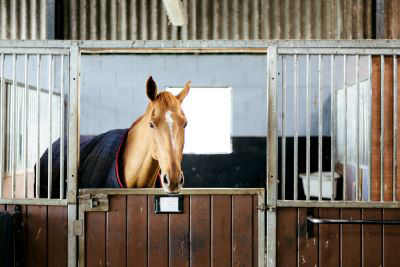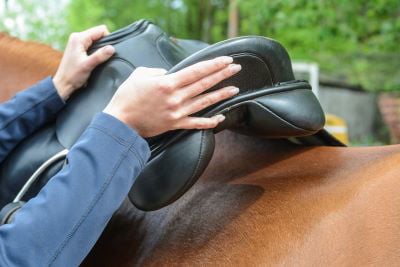Why Winter Can Affect Your Horse's Behaviour
It's common to see more behavioural issues in horses during the winter months. In general, horses are stabled more and exercised less, leading to increased ‘pent-up’ energy.
Weather and Clipping Impact Behaviour
Cold weather, wind, and rain can make horses more ‘on their toes’, especially if they are freshly clipped!
Dietary Changes Can Cause Over-Exuberance
People are more likely to increase hard feed in winter to help their horses maintain weight. However, some feeds can cause horses to become ‘hot’ or over-excitable.
Check for Pain-Related Causes
If your horse’s behavioural changes are sudden, it’s always worth checking that the issue is not pain related. Ensure that:
- Their tack is suitable and fits correctly.
- Their teeth and back are not causing any discomfort.
Check that your horse’s tack is fitted correctly, and that their teeth and back are not causing any pain related issues.
Consult a Nutritionist
If your horse continues to be spooky, naughty, or is getting over-excited, you can ask a nutritional advisor to check their diet to make sure that their diet supports calm behaviour. Here's what our Nutritionist's suggest to support your horse behavioural issues this winter:
-
Too many calories can either make your horse overweight, or in some cases lead to over-exuberance:
- If your horse is a naughty good doer, see if you can gradually cut down the energy they are receiving in their diet - while also making sure that the diet is balanced with the right levels of vitamins and minerals, by using a supplement.
- If your horse struggles to keep weight on, see below:
-
If your horse is a poor doer, and needs a high calorie diet, make sure that you are feeding the right sort of energy!
- Horses will often get ‘fizzy’ if fed a high cereal diet, such as high-starch conditioning mixes, so you may do better to provide calories using a high oil feed or supplement in addition to ad-lib forage, and a fibrous bucket feed, as these high-oil supplement or feed can help your horse gain or maintain condition without heating them up.
-
Feed for the work you are doing
- Feed according to the horse’s work load, if they have a week off work reduce their feeding levels - this will be beneficial for their health and behaviour!
-
If your horse is on a low cereal, high fibre diet and is fed the correct amount for their condition and workload, adding a calming supplement can really help to support over-enthusiastic behaviour, and maintain concentration.
For any advice or questions you may have, please don't hesitate to reach out to our expert nutrition team. You can call 0800 585525 Monday-Friday 8:30am-5:00pm. Email [email protected], or send us a DM on social media.




